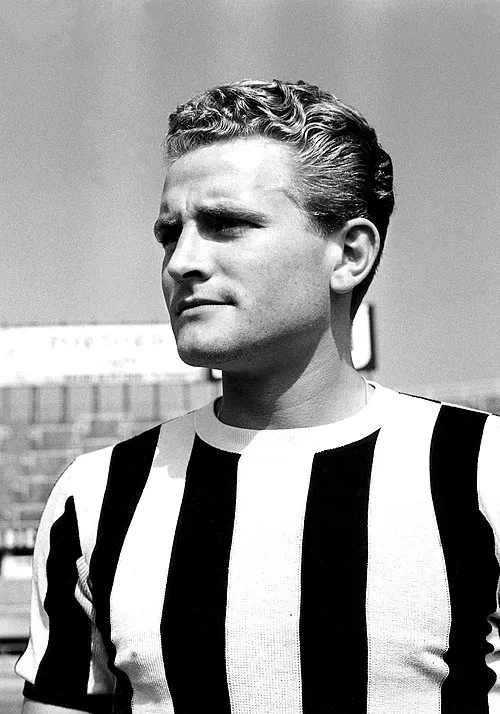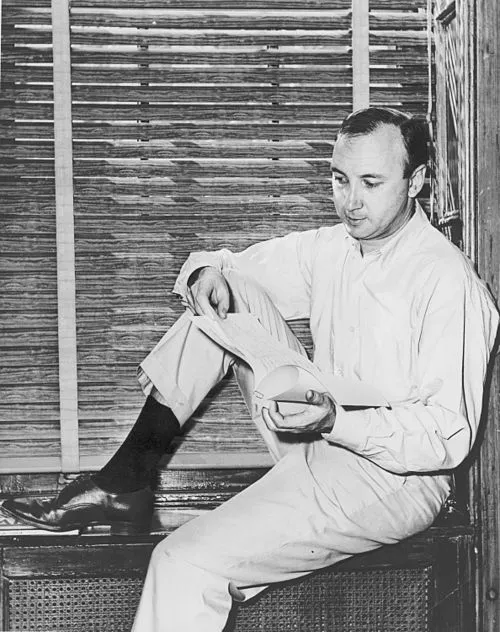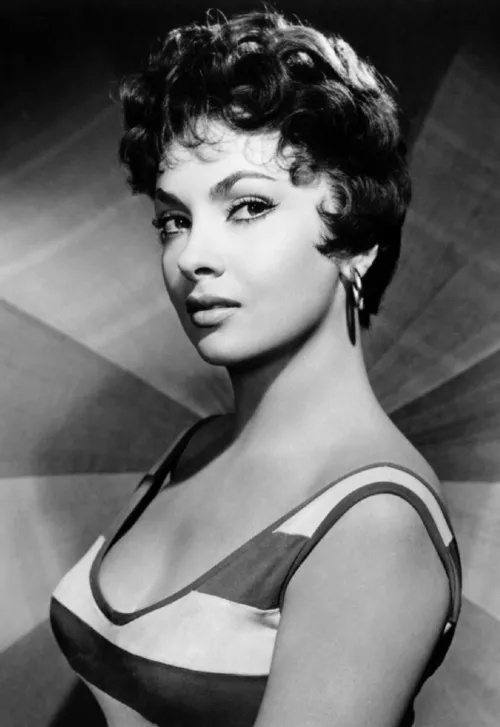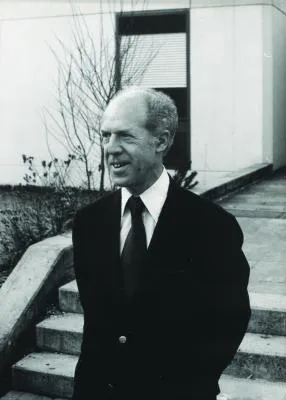
Full Name: Álvaro Uribe Vélez
Date of Birth: 1952
Nationality: Colombian
Profession: Lawyer and Politician
Presidency: 39th President of Colombia
Presidential Term: 2002 to 2010
1952 – Álvaro Uribe, Colombian lawyer and politician, 39th President of Colombia
Born in the midst of Colombia's tumultuous socio-political landscape in 1952, Álvaro Uribe emerged as a figure molded by both privilege and turmoil. Growing up in Medellín, he was surrounded by the chaos that plagued the region a city grappling with drug cartels and civil conflict. The son of a prominent landowner, Uribe's early life was filled with contradictions; while he enjoyed the comforts of wealth, he also witnessed firsthand the harsh realities faced by countless Colombians struggling against violence and poverty.
Uribe’s journey into politics didn’t follow a straight path. At first, he studied law at the Universidad de los Andes and later completed postgraduate studies at Harvard University. His educational pursuits perhaps provided him with an understanding of governance however, it was his burgeoning sense of duty towards his nation that ultimately shaped his destiny. Ironically, despite being part of an elite class often disconnected from the common folk’s struggles, he became increasingly aware of Colombia’s issues.
In 1980s Colombia a decade marked by extreme violence Uribe took on various roles within local governments before being elected as mayor of Medellín in 1982. Despite this position granting him some visibility on a national scale, his tenure was short-lived; he resigned amid accusations tied to corruption scandals within city government. Yet instead of retreating from public life or succumbing to disappointment as many might have done he regrouped and sought further political opportunities.
In what could be considered a pivotal moment in his career trajectory, Uribe served as Senator from 1991 to 1994 where he developed policies aimed at combating drug trafficking a pressing issue that had permeated Colombian society like an unshakeable shadow. Perhaps it was during these formative years that Uribe began solidifying his reputation as someone who would not shy away from controversial measures for the sake of progress.
The late 1990s brought about significant challenges for Colombia: guerrilla warfare escalated while drug cartels grew bolder under a weakened government response. The chaos culminated in widespread fear among citizens who were desperate for change this backdrop set the stage for Uribe's ascent to power during one of Colombia's darkest hours.
In 2002, after years defined by instability and fear among civilians regarding their safety Uribe ran for presidency under a platform promising security above all else. He positioned himself as tough on crime while also advocating economic reform; however critics were quick to point out potential authoritarian tendencies looming over his policies. Yet still, voters flocked to him en masse: they were ready for action!
When Uribe assumed office following an election marred by controversies surrounding violence against candidates the tide began turning swiftly but not without resistance! Under strong leadership marked by military actions against FARC , significant reductions in kidnapping rates became evident almost immediately! His strategies involved deploying thousands more troops into rural areas previously dominated by guerrilla fighters!
This approach undoubtedly instilled hope among many Colombians but not all were convinced! Critics highlighted growing human rights abuses during military operations aimed at flushing out insurgents! Ironically though the very measures taken led to historic decreases in homicide rates throughout urban centers across Colombia prompting supporters rallied behind their president praising him endlessly!
Early Life and Education
Uribe was born into a well-to-do family with deep roots in the Colombian Conservative Party. He attended the University of the Andes in Bogotá, where he earned a degree in economics and international relations. He furthered his education at Harvard University, obtaining a degree in public administration. This academic background equipped him with the skills necessary for a career in politics and governance.
Political Career
Uribe’s political career began in the late 1970s when he served as the mayor of Medellín. His leadership during this turbulent time laid the foundation for his subsequent roles in government. He became a senator in 1986 and took on various roles under different administrations, focused predominantly on social and urban reform.
Presidency (2002-2010)
Uribe was elected president in 2002, winning a landslide victory amidst Colombia's ongoing civil conflict and narco-terrorism issues. His administration is best known for its "Democratic Security" policy, aimed at reducing violence and restoring state control over areas previously dominated by guerrilla groups. Under his leadership, Colombia experienced significant reductions in homicides and kidnappings, a feat that resonated positively with the public.
His tenure saw the implementation of extensive military reforms and an increase in U.S. military assistance. Despite these successes, Uribe's presidency was marred by controversies, including allegations of human rights abuses, ties to paramilitary groups, and a wiretapping scandal involving journalists and politicians.
Post-Presidency and Legacy
After leaving office in 2010, Uribe remained influential in Colombian politics, founding the Centro Democrático party in 2013. His legacy is one of stark contrasts; while he is credited with improving security and economic growth, many criticize his methods and the ethical implications of his governance. Uribe’s political ideology continues to impact Colombia, as evidenced by the ongoing debates concerning the peace process with FARC and the nation’s approach to drug trafficking.
A Double-Edged Sword
Despite early successes evident through improved safety statistics the underlying issues never fully dissipated! By mid-2000s allegations began surfacing regarding extrajudicial killings conducted purportedly under orders originating directly from presidential offices; this scandal known infamously as “false positives” tarnished much-lauded accomplishments overshadowing achievements altogether!
Pushing Boundaries
Additonally amidst these controversies arose questions surrounding constitutional reforms intended allowing re-election which would enable Uribes hold onto power longer than permitted! As critics argued such moves threatened democracy itself it seems undeniable that political calculations played heavily into decision-making processes even if warranted based on circumstances confronting nation statehood at large!
This cycle persisted until reaching its peak leading towards eventual conclusion marking end terms served . In conclusion one cannot ignore complexities woven tightly throughout timeline outlining specific events unfolding during presidency spanning crucial periods reshaping future landscapes within Colombian politics.”
The Legacy
Following leaving office amid scandals now somewhat entrenched firmly back home – Álvaro transitioned toward international diplomacy extending invitations seeking collaboration across borders highlighting unified fronts confronting narcotrafficking issues plaguing regionally affecting neighboring countries too…
Even today remnants echo back through streets & social media discussing outcomes stemming directly attributable due consequences deriving from previous actions initiated therein reminiscent ideals showcased repeatedly seeking resolution fostering peace gradually transpiring across generations succeeding formerly divided populace.













